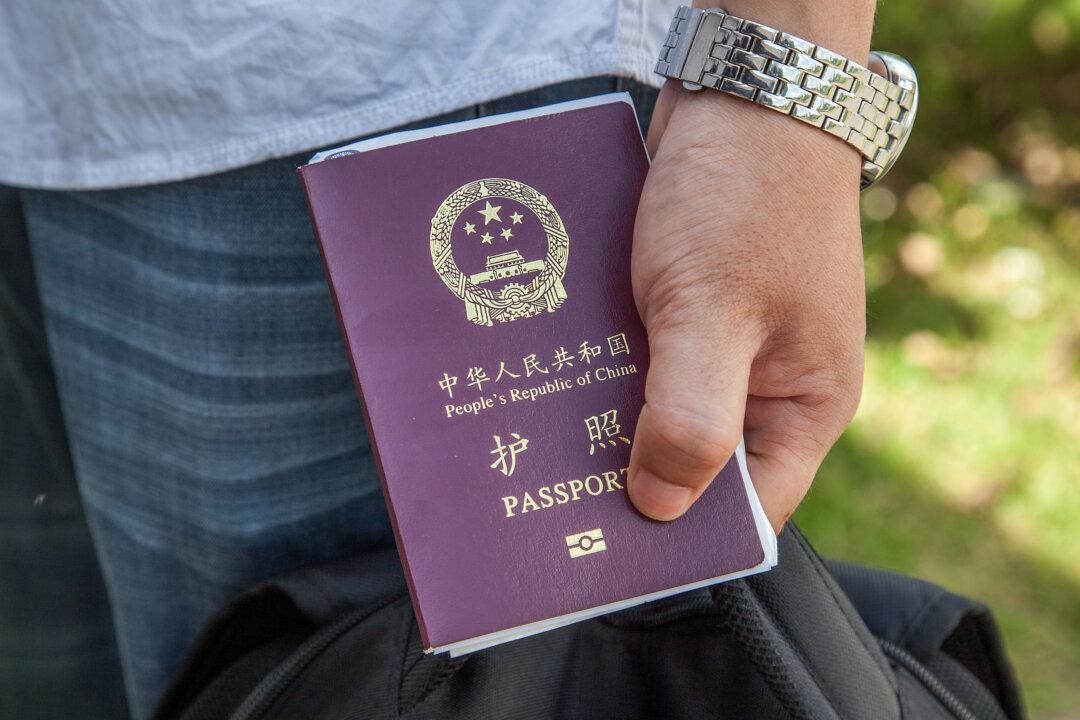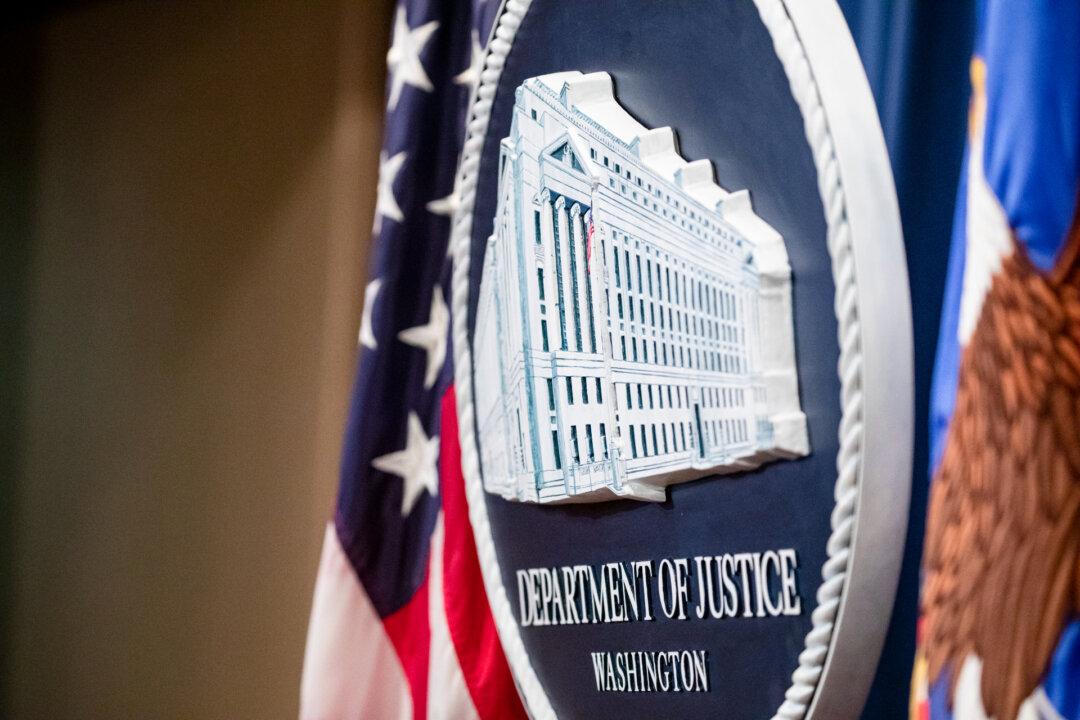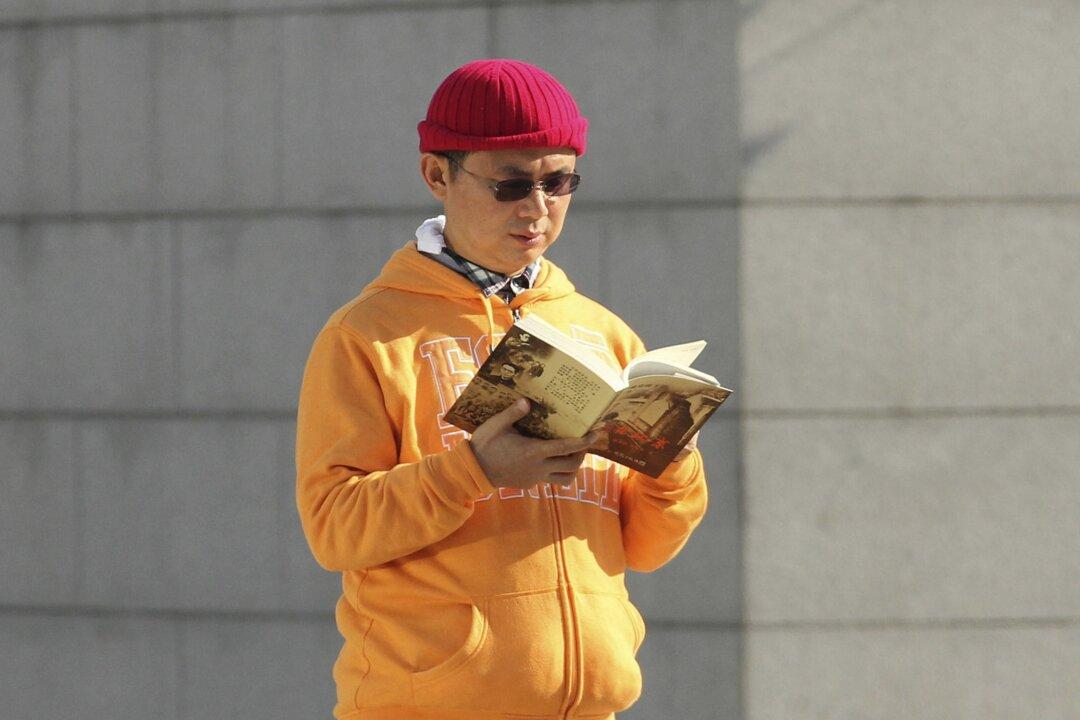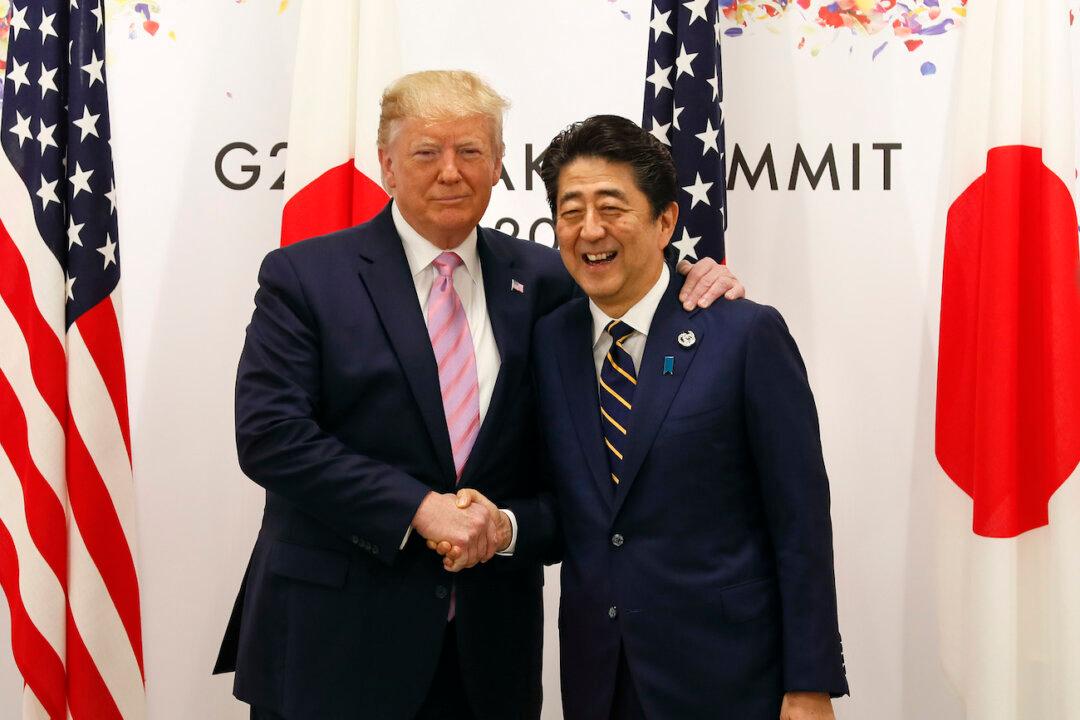Chinese officials and employees at state-run companies had their passports confiscated amid the COVID-19 pandemic, according to internal government documents The Epoch Times recently obtained.
Authorities did not elaborate on the reasoning, only noting that the passports are to be taken away for “central management” in order to “deal with the novel coronavirus.”





